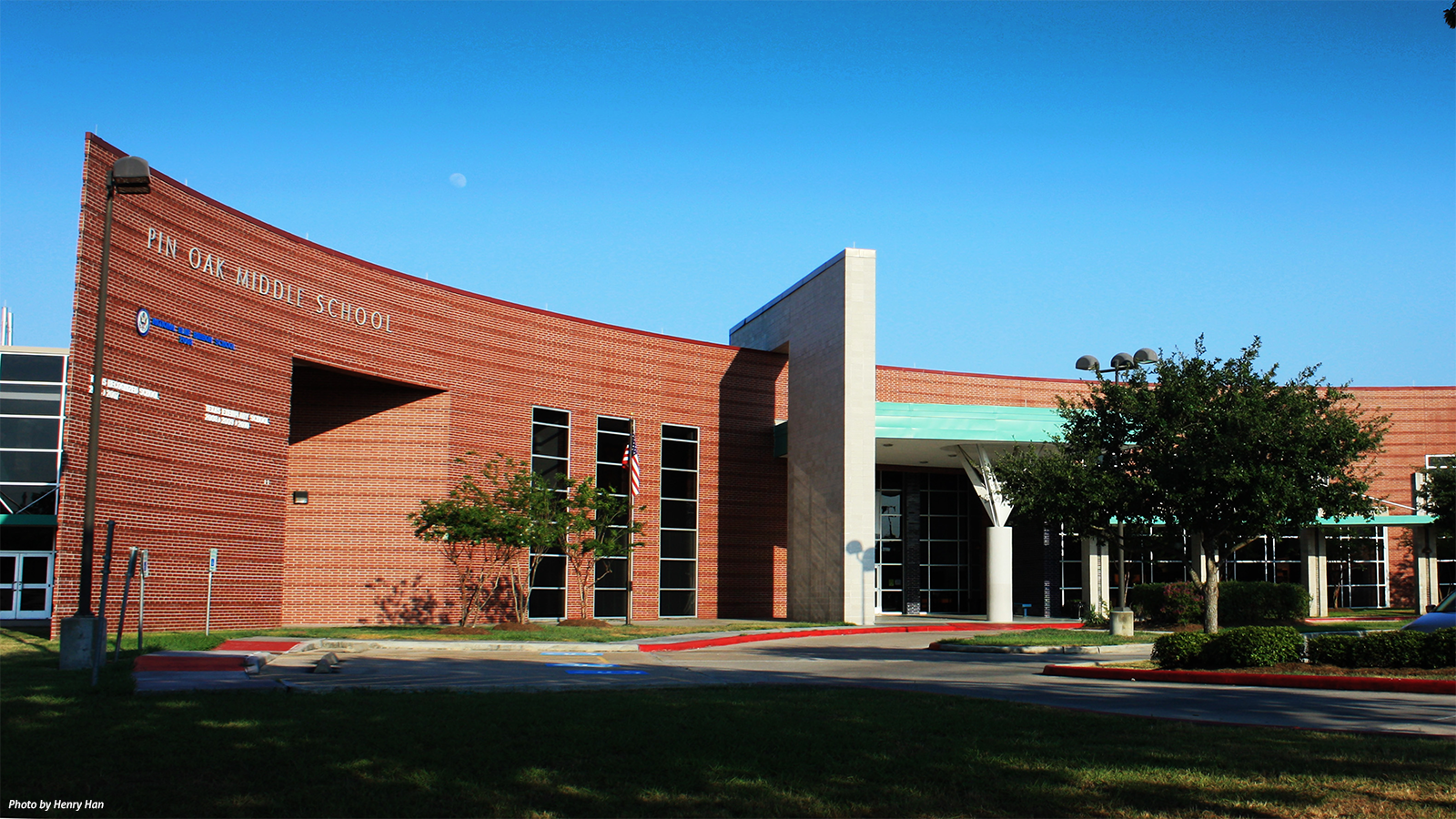Exactly How You Can Help Save Temecula Schools for Future Generations
Wiki Article
Recognizing the Relevance of Colleges in Child Growth and Community Growth
Schools' engagement with regional communities through service-learning campaigns reinforces the bond in between households and academic institutions. This symbiotic relationship emphasizes the value of institutions in nurturing energetic citizenship and long-lasting discovering practices.Academic Achievement
Academic achievement works as a foundation of child growth, giving the foundation upon which future understanding and success are developed. Institutions play a pivotal duty in promoting this academic development, offering structured settings where kids can obtain vital knowledge and cognitive abilities. Standardized curricula make certain that students gain efficiency in core topics such as mathematics, scientific research, and language arts, which are essential for both college and professional opportunities.In addition to presenting fundamental scholastic skills, schools likewise grow essential reasoning, problem-solving capacities, and intellectual curiosity. These cognitive expertises are important for browsing complex real-world situations and adapting to the ever-evolving needs of the contemporary workplace. Educators, as facilitators of knowing, utilize diverse instructional strategies to satisfy diverse discovering designs, thus taking full advantage of individual pupil potential.
Additionally, academic success is very closely linked to self-confidence and inspiration. Children that experience academic achievements are most likely to create a favorable self-concept and a long-lasting enthusiasm for knowing. Institutions additionally offer different resources, such as collections and technology, which better enhance the educational experience and prepare students for a technologically innovative culture.
Social Ability Development
Beyond academic success, the role of schools in social ability growth is vital. Schools offer as a key location for youngsters to find out and exercise crucial social skills such as communication, dispute, and collaboration resolution. In the structured atmosphere of a classroom, trainees connect with peers, educators, and various other school team, supplying countless possibilities to develop these important capabilities.Efficient social skill growth in colleges is promoted with group tasks, collective projects, and extracurricular programs. These communications assist trainees comprehend social norms, construct empathy, and promote a sense of area. Group assignments show students how to function together towards an usual objective, pay attention to different point of views, and navigate disagreements constructively.

The farming of social skills throughout academic year lays a foundation for future personal and professional connections. Save Temecula Schools. As pupils mature, the ability to efficiently work together and interact ends up being progressively crucial, emphasizing the college's critical function in alternative kid advancement
Direct Exposure to Variety
Direct exposure to variety in schools is basic to cultivating a comprehensive frame of mind and broadening pupils' viewpoints. Schools function as a microcosm of the more comprehensive society, and experiencing diverse cultures, languages, and socioeconomic backgrounds within this setting furnishes pupils with crucial abilities for browsing a significantly globalized world. This exposure motivates compassion, decreases bias, and advertises shared respect among peers.Varied class likewise enhance social and cognitive advancement. Research study indicates that students who engage with peers from diverse histories exhibit better problem-solving skills and creative thinking. They find out to appreciate various perspectives, which improves classroom discussions and promotes a more vibrant understanding experience. This understanding of diversity prepares pupils for future work environments that worth modern competence.

Neighborhood Engagement
The benefits of diverse classrooms extend past the college wall surfaces, cultivating a solid feeling of area engagement among students. By engaging with peers from various cultural, socioeconomic, and ethnic backgrounds, students gain a wider viewpoint and a gratitude for diversity. This exposure urges them to become active citizens that want to contribute positively to their neighborhoods.Institutions that highlight neighborhood involvement commonly integrate service-learning jobs, which allow pupils to resolve real-world troubles while using academic skills. These tasks not only boost trainees' understanding of their coursework however additionally infuse a feeling of obligation and empathy. In addition, partnerships between schools and neighborhood companies supply trainees with chances to join area occasions, further solidifying their role as aggressive neighborhood members.
Furthermore, adult and community participation in schools reinforces the bond between universities and the areas they check my blog serve. They produce a collaborative atmosphere that benefits all stakeholders when schools open their doors to neighborhood occasions, workshops, and volunteer chances. This common assistance system makes sure that pupils obtain all natural growth, preparing them to end up being all-round people that add and value to their communities. Through these efforts, institutions play an essential function in nurturing area interaction and fostering social development.
Lifelong Understanding Behaviors
Creating long-lasting discovering routines is necessary for a youngster's continuous growth and adaptability in an ever-changing globe. Colleges play a pivotal role in instilling these practices by creating an atmosphere that cultivates inquisitiveness, critical thinking, and a love for knowledge. Via extracurricular tasks and varied educational programs, teachers motivate students to explore various subjects, assess info critically, and apply their learning to real-world situations.
Additionally, schools this hyperlink offer an organized setting where youngsters can establish self-control and time management skills, both of which are crucial for constant understanding. By emphasizing the significance of establishing objectives, mirroring on progress, and adapting methods, schools prepare trainees to browse the complexities of adult life, ensuring they stay long-lasting students and factors to society.
Final Thought
In verdict, colleges are essential in cultivating kid development and community growth by supplying environments conducive to scholastic accomplishment, social skill advancement, and direct exposure to diversity. Ultimately, colleges cultivate long-lasting discovering behaviors, furnishing individuals with the essential understanding and abilities to contribute favorably to culture.In the organized atmosphere of a classroom, pupils interact with peers, educators, and other institution personnel, providing various opportunities to create these critical capabilities.
In significance, direct exposure to diversity within colleges not only improves specific trainees however also reinforces the social material of the community as a whole.
The benefits of diverse classrooms expand beyond the school walls, cultivating a solid Source sense of neighborhood engagement amongst pupils.Schools that highlight neighborhood involvement frequently integrate service-learning tasks, which permit students to deal with real-world issues while using scholastic skills. Partnerships between institutions and neighborhood companies give pupils with chances to take part in area events, better strengthening their duty as proactive area participants.
Report this wiki page